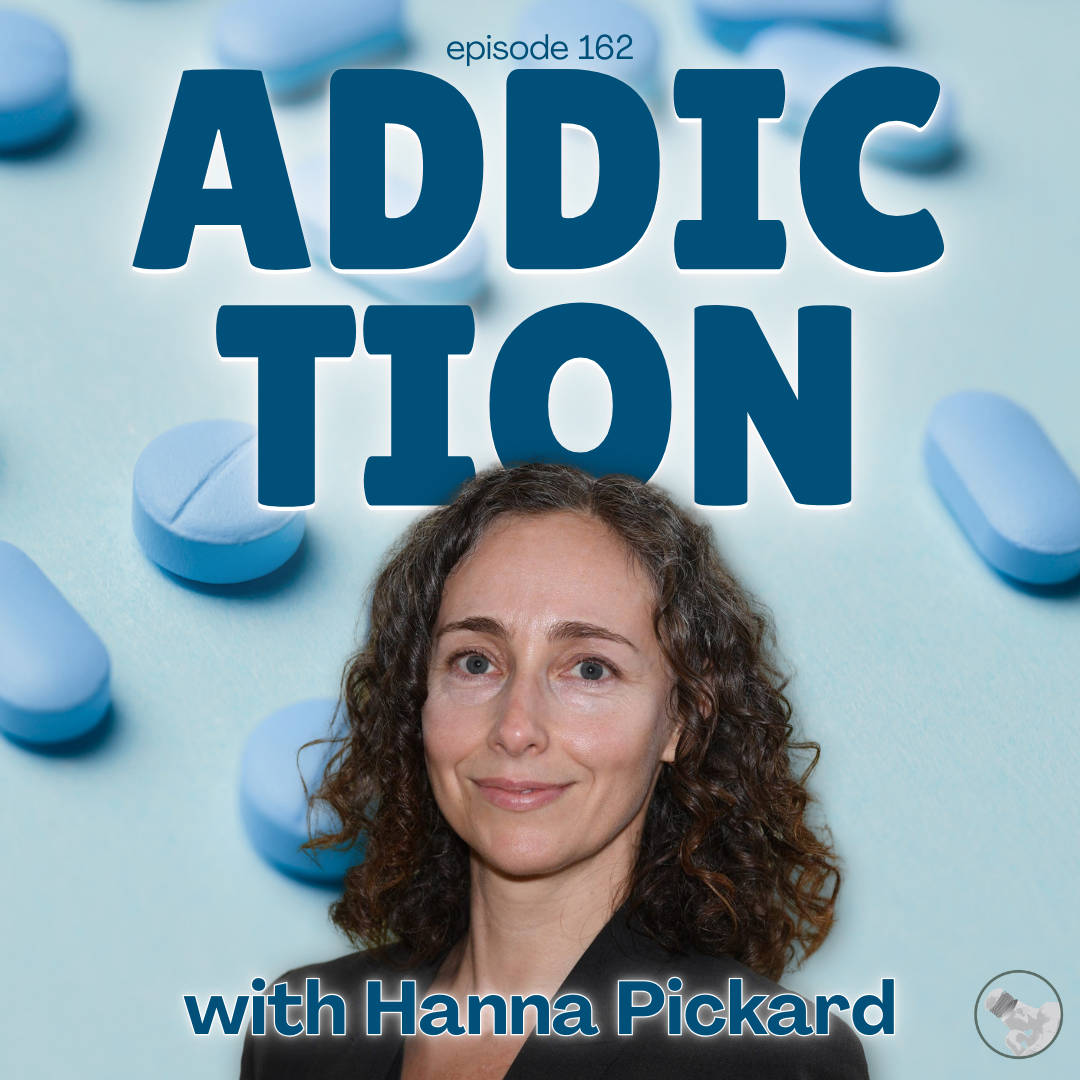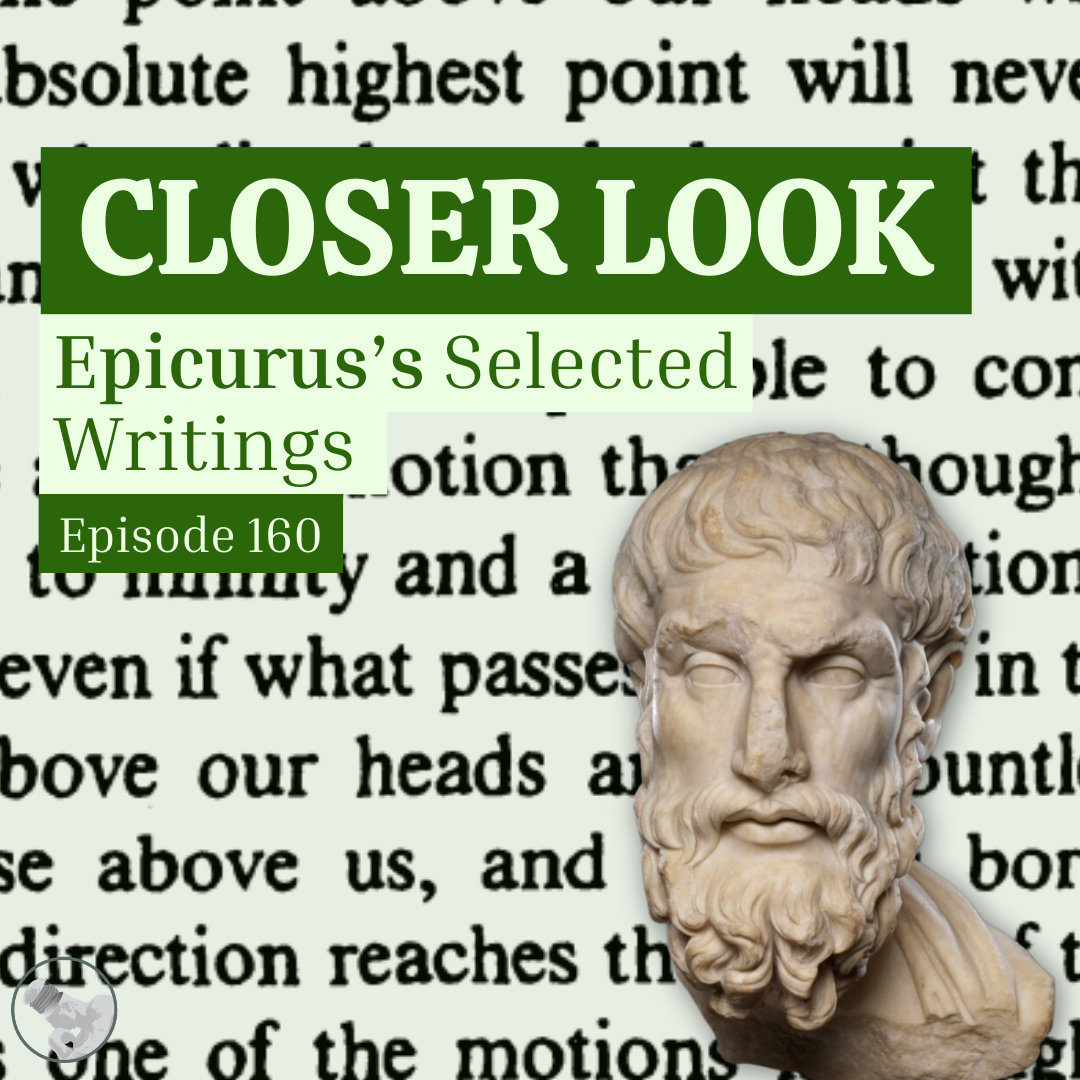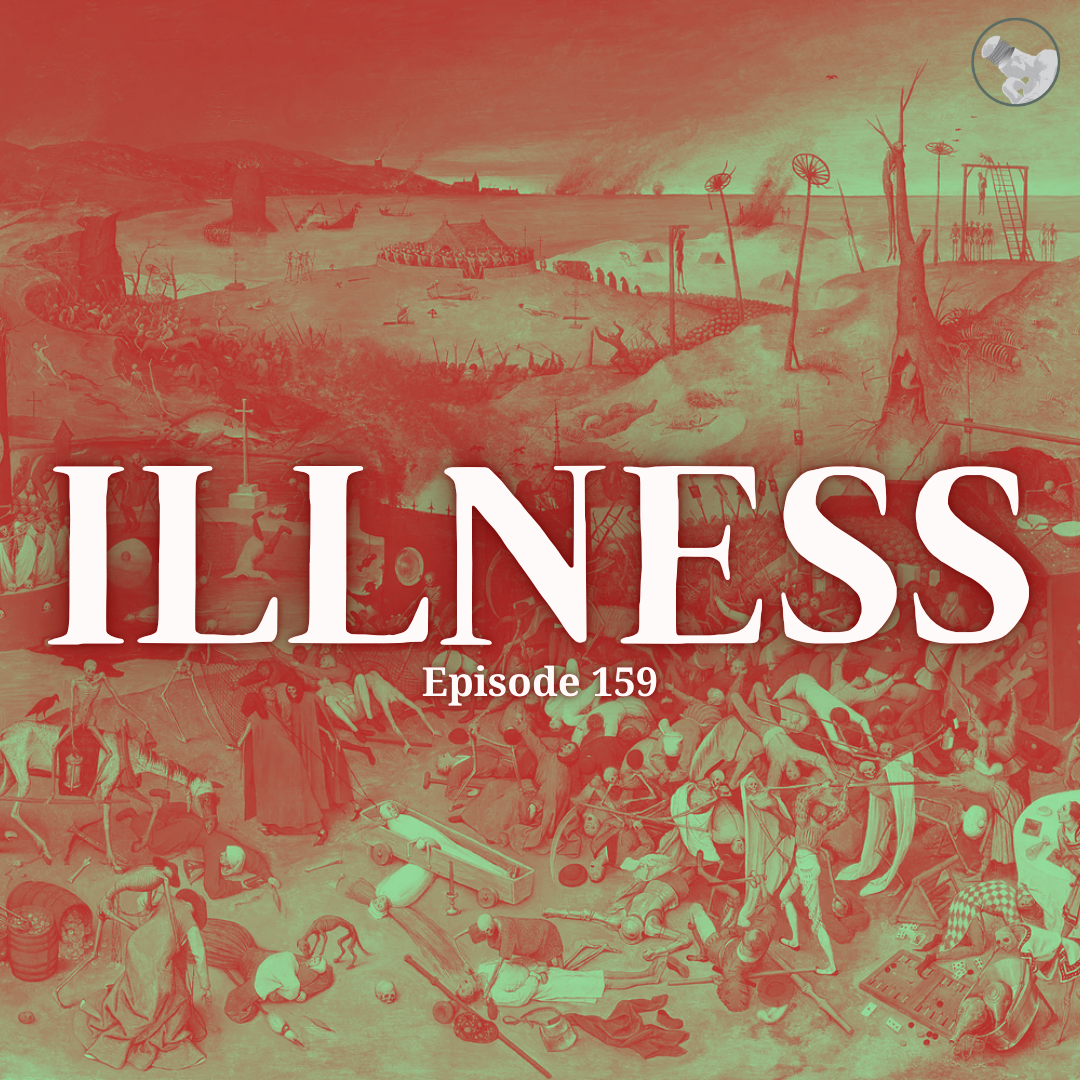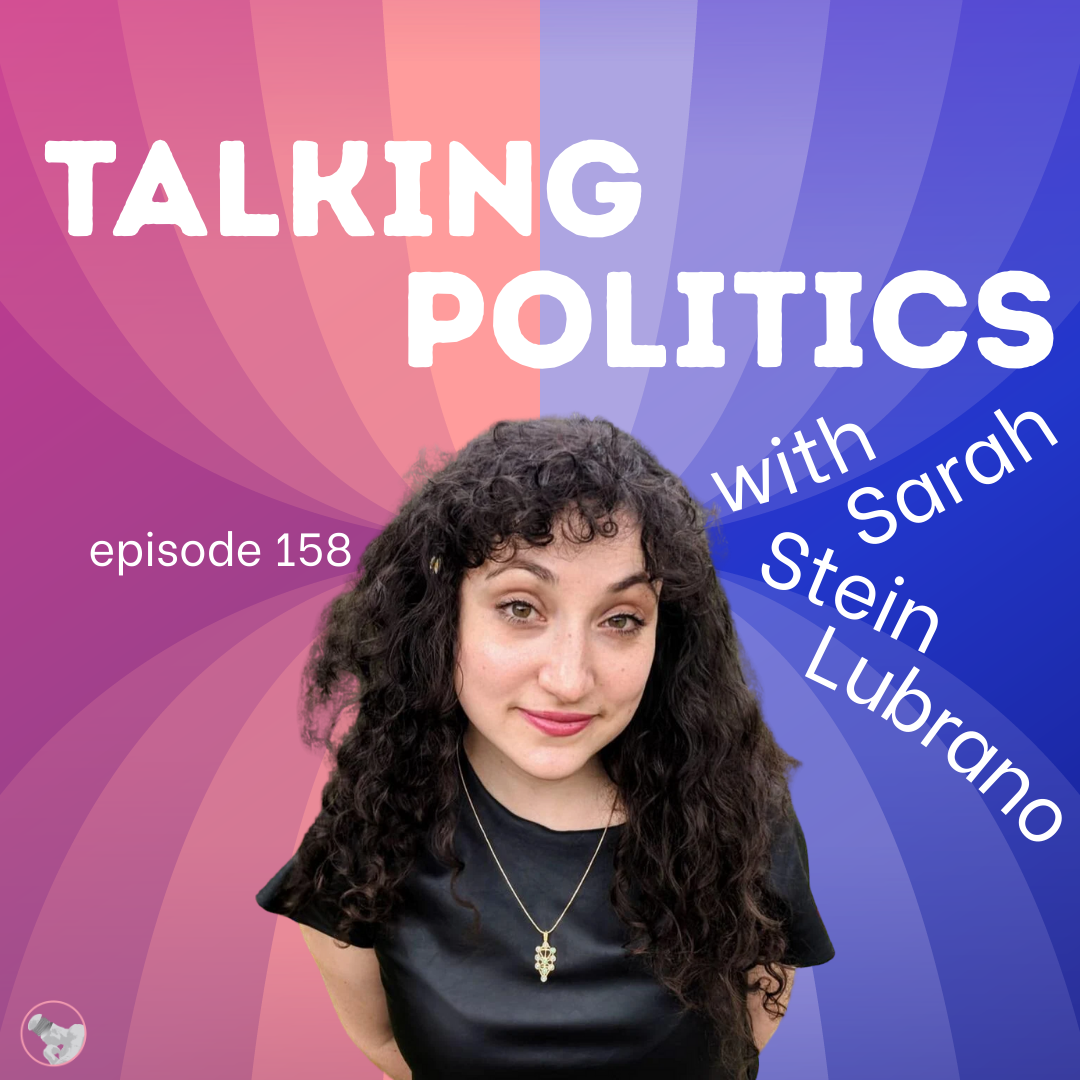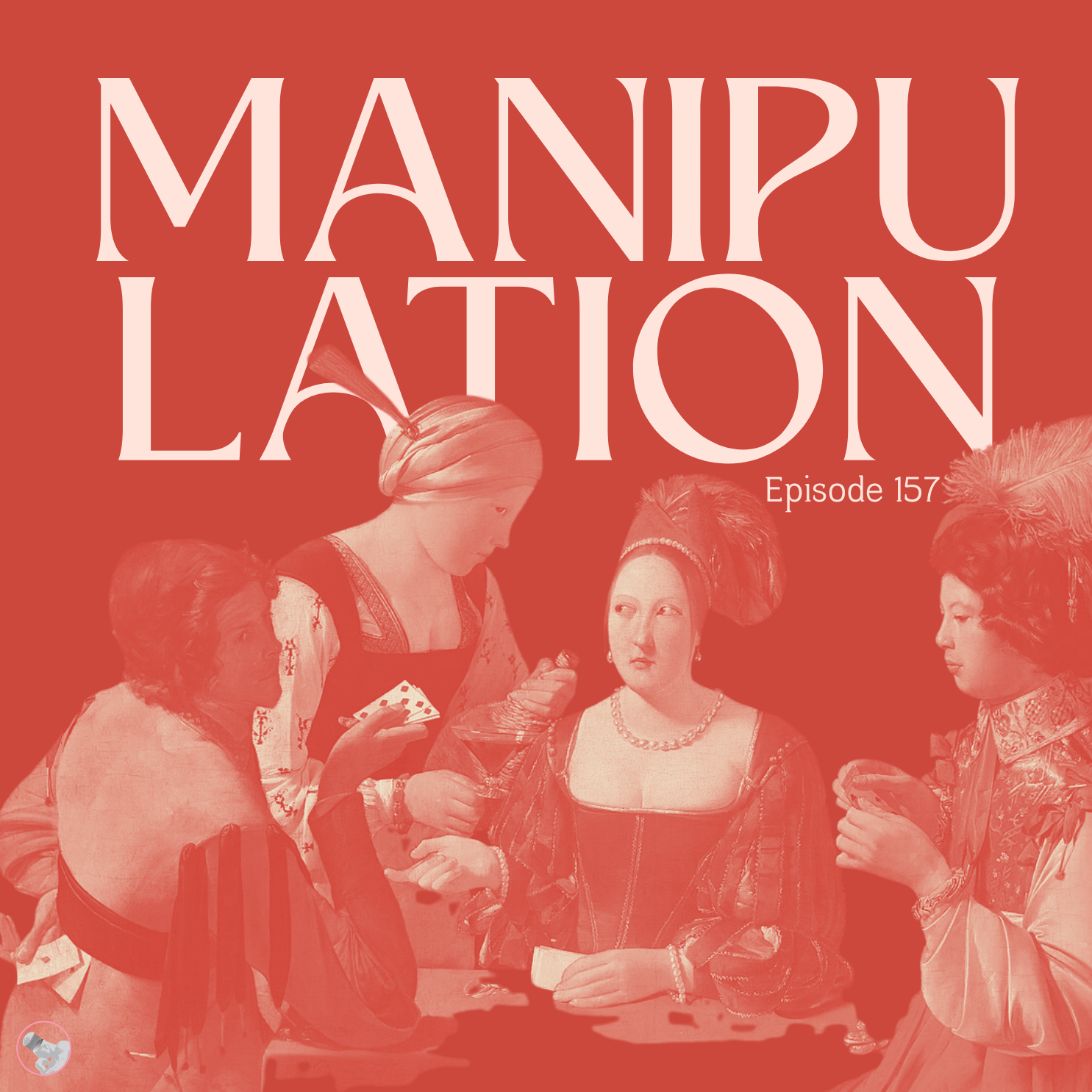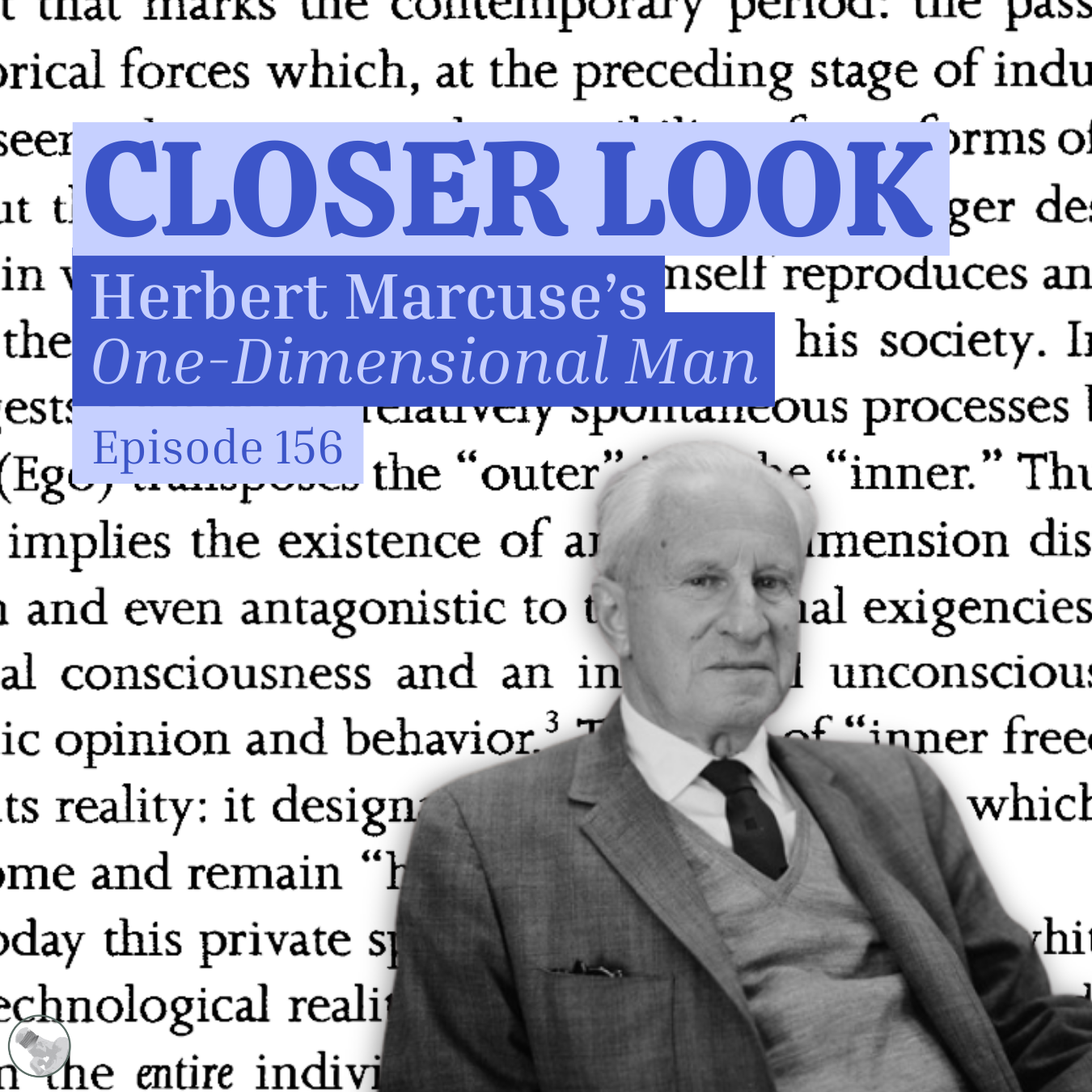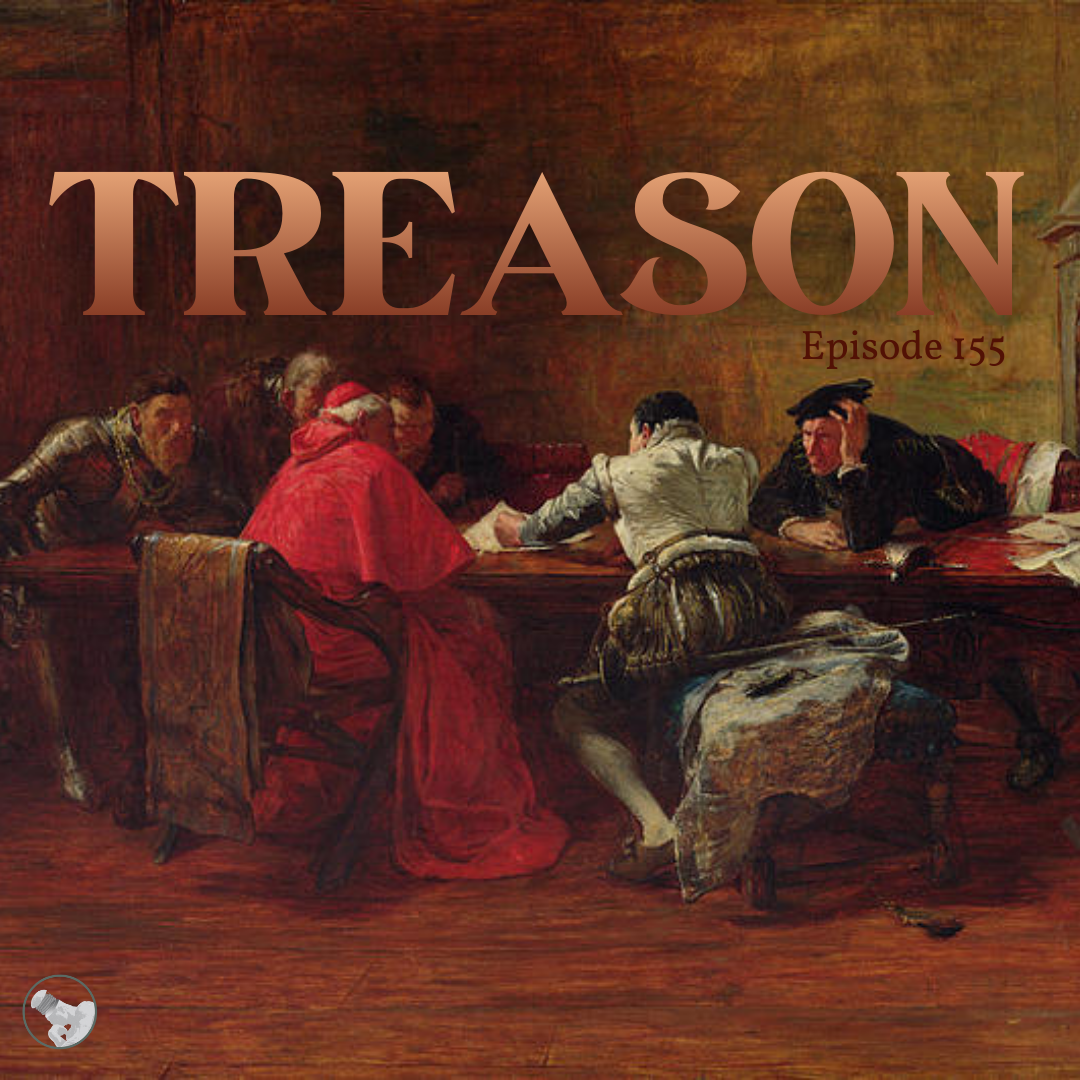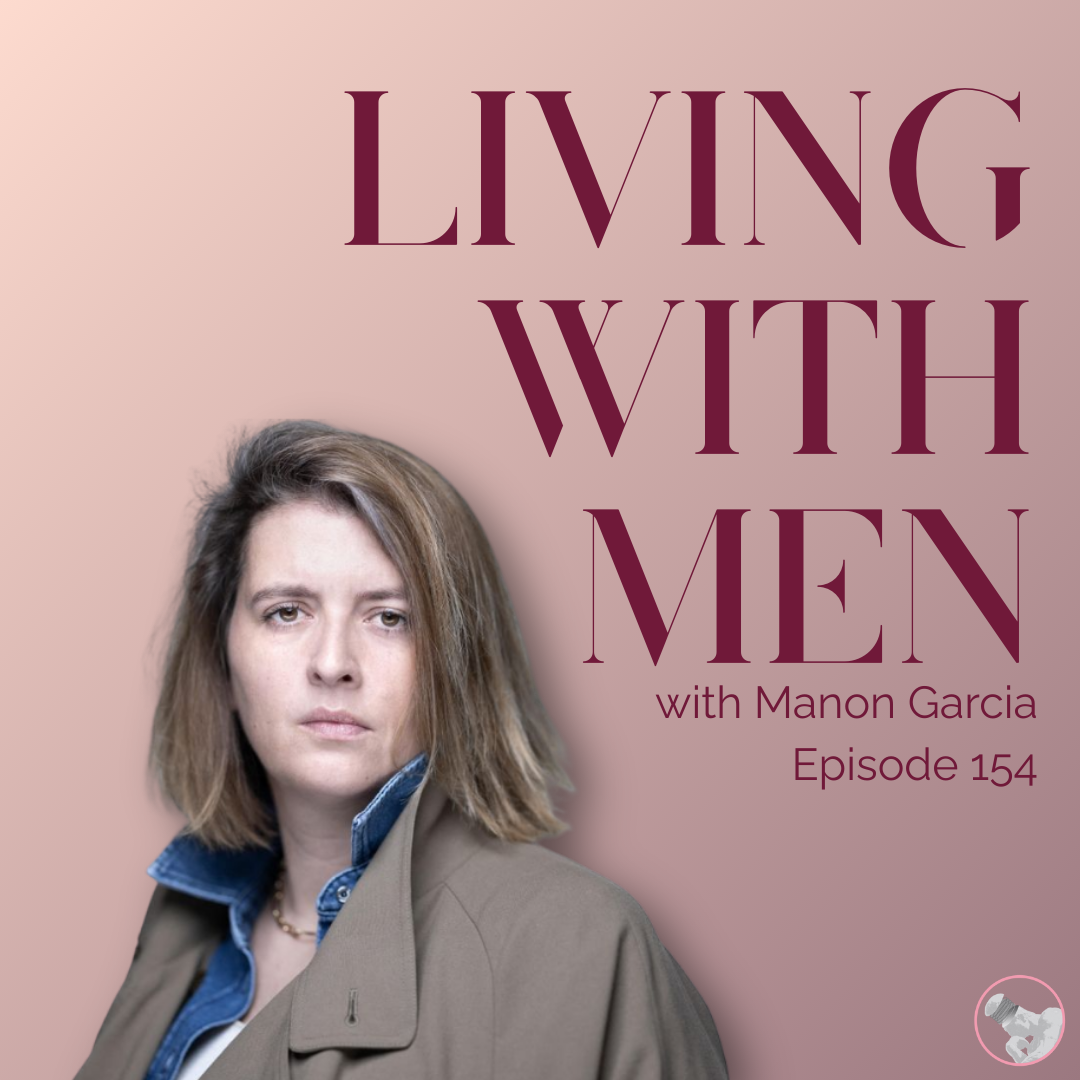Episode 163: Personality
In episode 163 of Overthink, Ellie and David discuss personality. They talk through the Big Five personality test and its legitimacy, the history of the Myers-Briggs Type Indicator test (MBTI), and how the concept of personality emerged out of abnormal psychology. Why did the concept of personality replace using literature to understand the self? How does the concept of personality presuppose a fixed concept of the self? And what is the connection between MBTI and World War II?
Episode 162: Addiction with Hanna Pickard
In episode 162 of Overthink, Ellie and David chat with philosopher Hanna Pickard about her book, What Would You Do Alone in a Cage with Nothing but Cocaine? A Philosophy of Addiction. They discuss how the “broken brain model” of addiction emerged to combat the moral model of addiction and explore the consequences of both of these models. What drives some people into addiction? What does it mean to say that addiction is a brain disease? How should responsibility and blame fit into our understanding of this condition? And how do we identify when somebody’s patterns of drug use have crossed the threshold into addiction?
Episode 161: Spontaneity
In episode 161 of Overthink, Ellie and David get spontaneous. They look at Aristotle’s theory of spontaneous generation, at spontaneity’s role in politics, and at the dark side of spontaneity. How do different cultures and physical spaces enable or inhibit spontaneity? What is the relationship between spontaneity and human freedom? And is Lenin correct in arguing that leftists need to resist spontaneity in political organizing?
Episode 160: Closer Look: Epicurus Reader
In episode 160 of Overthink, Ellie and David investigate the teachings of Epicurus in The Epicurus Reader. They explain his four-part cure on how to life a better life, including why we shouldn't be worried about death. They also offer critiques on his view of justice and its lack of application to political life. How can attaining ataraxia lead us to achieving eudaimonia and living the good life?
Episode 159: Illness
In episode 159 of Overthink, Ellie and David discuss illness. They explore how illness has been mythologized, how it may alienate us from our bodies, and how it impacts social relationships. Is science the solution to the mythologization of illness, or is the scientific model of illness its own form of mythology? How should we conceptualize illness? Is it as a “deviation” from a norm? And if so, what norm? Finally, what can we learn about illness from a phenomenological approach that centers the patient’s first-person experience?
Episode 158: Talking Politics with Sarah Stein Lubrano
In episode 158 of Overthink, Ellie and David speak with Sarah Stein Lubrano, author of Don’t Talk About Politics: How to Change 21st-Century Minds, about why discourse is not the solution to political polarization. They discuss the problems with thinking about political opinions as a "marketplace of ideas," why public debates don't change our political views as much as personal relationships, and how social atrophy weakens citizenship. What is the value of political protests? How does the ideal of debate perpetuate politics as war? And should we re-imagine social media platforms like X to encourage productive dialogue, or log off of them completely?
Episode 157: Manipulation
In episode 157 of Overthink, Ellie and David talk about manipulation. They discuss what makes up a manipulative personality, why manipulators see social interaction as inherently combative, and what you can do when you find yourself entangled with a manipulator. They also explore what Niccolo Machiavelli tell us about the role of manipulation in politics. Should political leaders always be kind? Or, as Machiavelli says, do they need to learn to “be bad”? And what can we say about manipulation outside of politics? Does manipulative behavior require awareness and intention? Are all forms of manipulation inherently bad? And where do we draw the line between manipulation and other types of social influence?
Episode 156: Closer Look: Marcuse, One-Dimensional Man
In episode 156 of Overthink, Ellie and David take a deep dive into Herbert Marcuse’s, One-Dimensional Man. They discuss Marcuse’s critique of analytic philosophy, how private space is getting crushed by new forms of social control, and how an affluent society leads to the absence of critical thinking. How does our society of one-dimensionality turn us into one-dimensional beings? Why does analytic philosophy’s obsession with formal logic prevent us from subversive modes of thinking? And how do the seeming alternatives to the status quo often end up adhering to it instead?
Episode 155: Treason
In episode 155 of Overthink, Ellie and David talk about treason. They look at the changes in the legal definition of treason over time, the famous treasonous acts of Benedict Arnold, Aaron Burr, and John Brown, the political value of treason, and how the very celebration of America's founding is a celebration of treason. Who is capable of committing a treasonous act? How might treason be understood as a transgression of law itself? And is treason ever morally permissible?
Episode 154: Living With Men with Manon Garcia
In episode 154 of Overthink, Ellie and David talk to philosopher Manon Garcia about her book, Living with Men: Reflections on the Pelicot Trial. They discuss the rape case of Gisèle Pelicot and how the subsequent trial of her husband and fifty additional men sheds light on the normalization and acceptance of sexual violence in what is known as 'rape culture.' In what ways is the current understanding of consent as ‘permission giving’ harmful? How is heterosexual love is often tied to objectification? Why does the ‘boys will be boys’ mentality make it difficult for us to rely on the criminal justice system? And how do we live with men knowing that cases such as these are incredibly common? In the Substack bonus segment, your hosts discuss the politics of language and the risk of eroticization in recounting stories of sexual violence, and they think through where we should go from here in terms of sexual and romantic attachments to men.
Episode 153: Cuteness
In episode 153 of Overthink, Ellie and David discuss cuteness. From the idea of cuteness as a logic of contagion to the evolutionary explanation for why we find babies so adorable, this episode has it all. How is the increasing demand for shortform content a symptom of cuteification? What are the harms of categorizing certain animals as cute? In what ways is cuteness tied to consumption? And is society heading towards a future of cuteness?
Episode 152: Closer Look: Foucault, History of Sexuality Vol. 1
In episode 152 of Overthink, Ellie and David take a deep dive into Michel Foucault’s The History of Sexuality, Volume 1. From the repressive hypothesis to the role of confession in producing the truth of sex, your hosts get into all of the juicy content of this seminal book. They also talk about the difference between “ars erotica” and “scientia sexualis,” two key concepts in Foucault’s treatment of sexuality. Why does Foucault reject the view that sexuality has been repressed? What is the function of power in sexuality? How does the desire for truth about oneself produce various discourses of sexuality? And, when all is said and done, are Foucault’s reflections on power in this work too homogenous?
Episode 151: Meritocracy
In episode 151 of Overthink, Ellie and David put meritocracy in the spotlight. They think through the inherent inequality of meritocracy, its tendency to skew toward conservatism, and what Trump’s attacks on DEI reveal about how society favors merit. How does meritocracy create vertical social distance between those in power and the working class? And is meritocracy even a worthwhile ideal?
Episode 150: Aztec Philosophy with Sebastian Purcell
In episode 150 of Overthink, Ellie and David speak with philosopher Sebastian Purcell about the philosophy of the Aztecs, detailed in his new book The Outward Path: The Wisdom of the Aztecs. They discuss Aztec pessimism, how the Aztecs take an “outside-in” approach to the self, and how their view of the mind as inherently chaotic shapes their moral outlook. How can the Aztec notion of ‘right speech’ help us gain control over the internal chaos of the mind? And why did they Aztecs reject the possibility of redemption?
Episode 149: Surfing
In episode 149 of Overthink, Ellie and David talk about all things surfing. They explore the long history of wave-riding across the globe, from Peru to West Africa, and consider how surfing helps us to reimagine social issues and what surfing reveals about the connection between flow and freedom. Is surfing the pinnacle of human life? How has the sportification of surfing directly contravened surfing’s anti-capitalist ethos? Why is the average surfer an image of white masculinity? And how is this image tied to indigenous erasure?
Episode 148: Loneliness
In episode 148 of Overthink, Ellie and David discuss the difference between loneliness and solitude, how loneliness could help explain the rise of fascism in the US, and the public health implications of loneliness. What is the male loneliness epidemic, and does it truly exist? Does the state have a moral obligation to address the loneliness of its citizens? And do we have a fundamental human right to connection?
Episode 147: Confidence
In episode 147 of Overthink, Ellie and David discuss confidence. Modernity has created a crisis of confidence, leading to the demand that we all maximize our confidence. But what is confidence? Is it a personality trait or a relational concept? What causes under- and over-confidence? And is instilling confidence an equity issue? Your hosts think through Charles Pépin’s pillars of confidence, Don A. Moore's formula for calibrating your confidence, and the gendered nature of confidence through bodily expressions.
Episode 146: Togetherness with Dan Zahavi
In episode 146 of Overthink, Ellie and David chat with philosopher Dan Zahavi about his book, Being We: Phenomenological Contributions to Social Ontology. They discuss how the increase in communication through screens has shifted what it means to be together, the decline of social bonds in political life, and what phenomenological understandings of empathy tell us about being together. How do dyadic relationships such as romantic love and friendship shape our identities? Does there need to be a conception of the self that precedes sociality? What are the different types of wes? And how can phenomenology help us think about the importance of face-to-face interactions?
Episode 145: AI Chatbots
In episode 145 of Overthink, David and Ellie talk about AI chatbots. Should we shame people for using LLMs? In what ways have we begun to outsource our cognition? Are relationships between humans and AI real? They explore how perceived relationships with chatbots can turn into AI psychosis and how the principle of ‘yes, and’ plays out in chatbot systems. They discuss the fatigue surrounding the predominance of AI in our everyday lives and the negative environmental effects of it. And they look into what AI chatbots actually are.
Episode 144: Limerence
In episode 144 of Overthink, Ellie and David discuss the unspoken difficulties of limerence, or the state of falling in love. What is the difference between love and limerence, and why do we confuse them so frequently? How does social media fuel limerent reactions? And is limerence inherently selfish? They discuss how limerence can be formative to our personal identities, whether a limerent object has ethical obligations to those who obsess over them, and how modern dating norms might direct us all towards limerence rather than love.


